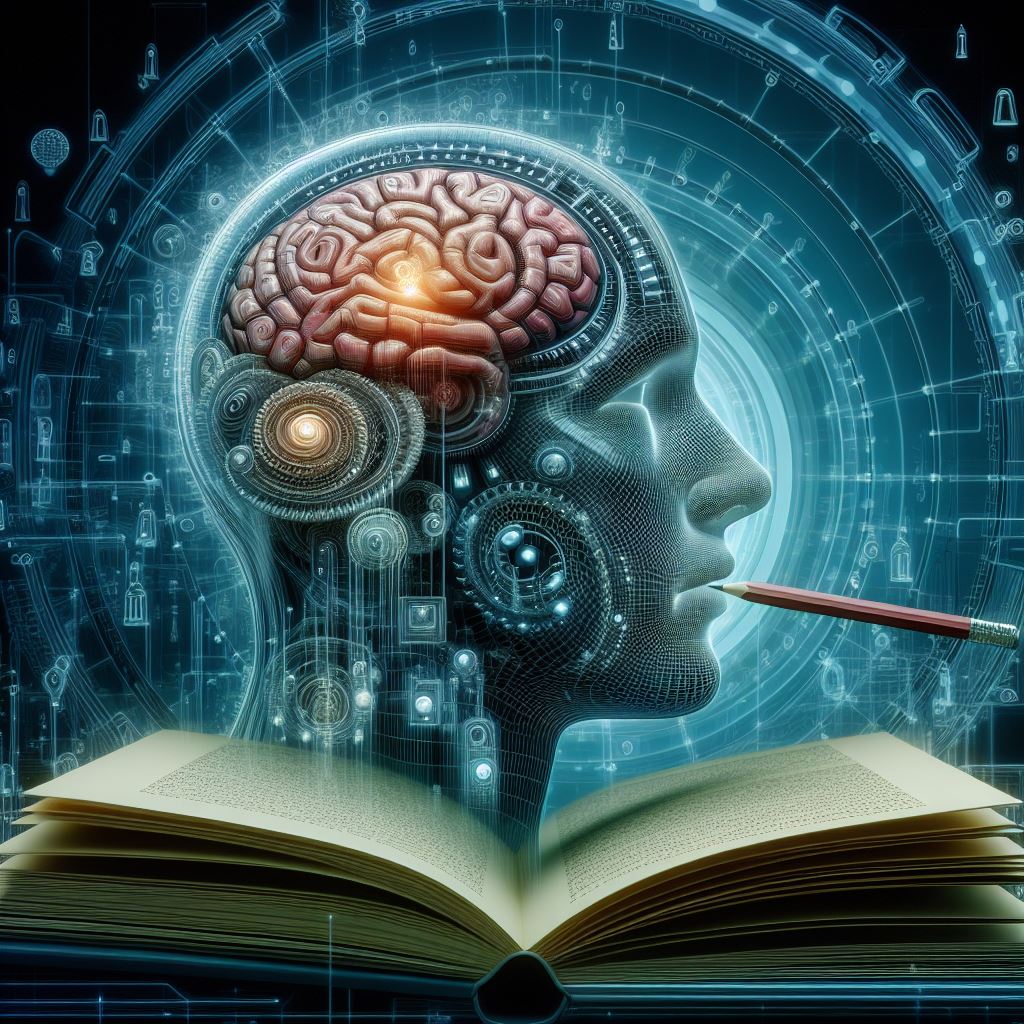In the realm of science fiction and folklore, the idea of mind-reading often captures our imagination, conjuring images of psychic abilities and telepathic communication. But in the realm of reality, can we truly read the human mind? This question has intrigued scientists, philosophers, and curious minds for centuries, prompting rigorous inquiry into the mysteries of consciousness and cognition. In this SEO-optimized and plagiarism-free article, we delve into the science behind mind-reading, exploring the possibilities, limitations, and ethical considerations surrounding this fascinating phenomenon.
The Science of Mind-Reading:
At its core, mind-reading, or telepathy, refers to the hypothetical ability to perceive or communicate thoughts, feelings, or mental states without the use of conventional sensory channels. While the concept has captured popular imagination, scientific evidence for genuine mind-reading remains elusive. However, advancements in neuroscience, psychology, and technology have shed light on the intricate workings of the human mind, offering insights into how thoughts and emotions are generated, processed, and expressed.
Neuroscience Insights:
Neuroscience, the study of the brain and nervous system, provides valuable insights into the biological basis of cognition and consciousness. Through techniques such as functional magnetic resonance imaging (fMRI) and electroencephalography (EEG), researchers can observe brain activity associated with specific thoughts, emotions, or mental processes. While these techniques offer glimpses into the neural correlates of cognition, they fall short of enabling direct mind-reading. The brain’s complexity, variability, and individual differences pose significant challenges to deciphering the intricacies of human thought.
Psychological Perspectives:
Psychology, the scientific study of behavior and mental processes, offers valuable perspectives on the nature of consciousness and perception. Research in areas such as social cognition, empathy, and theory of mind sheds light on how individuals infer and interpret the thoughts and feelings of others based on behavioral cues, verbal communication, and social context. While humans possess remarkable abilities to infer and empathize with others’ mental states, true mind-reading remains beyond the realm of scientific possibility.
Technological Advancements:
In recent years, technological advancements have fueled speculation about the potential for artificial intelligence (AI) and brain-computer interfaces (BCIs) to facilitate mind-reading. While AI algorithms can analyze vast amounts of data and predict behavioral patterns with impressive accuracy, they lack the nuanced understanding of human consciousness and subjective experience required for genuine mind-reading. BCIs, which enable direct communication between the brain and external devices, hold promise for assisting individuals with disabilities but fall short of enabling telepathic communication.
Ethical Considerations:
Beyond the scientific and technological challenges, mind-reading raises profound ethical considerations regarding privacy, autonomy, and consent. The ability to access or manipulate individuals’ thoughts and emotions without their consent raises concerns about surveillance, coercion, and the erosion of personal boundaries. As society grapples with the implications of emerging technologies and capabilities, ethical frameworks and regulations are needed to ensure responsible and equitable use of mind-reading technologies.
Conclusion:
In conclusion, while the concept of mind-reading continues to captivate our imagination, scientific evidence for genuine telepathy remains elusive. While neuroscience, psychology, and technology offer valuable insights into the workings of the human mind, true mind-reading remains a hypothetical construct rather than a scientific reality. As we continue to explore the mysteries of consciousness and cognition, it’s essential to approach the topic with skepticism, curiosity, and ethical consideration. While we may not possess the ability to read minds, we can strive to cultivate empathy, understanding, and effective communication to bridge the gaps between individuals and foster deeper connections in our shared human experience.


